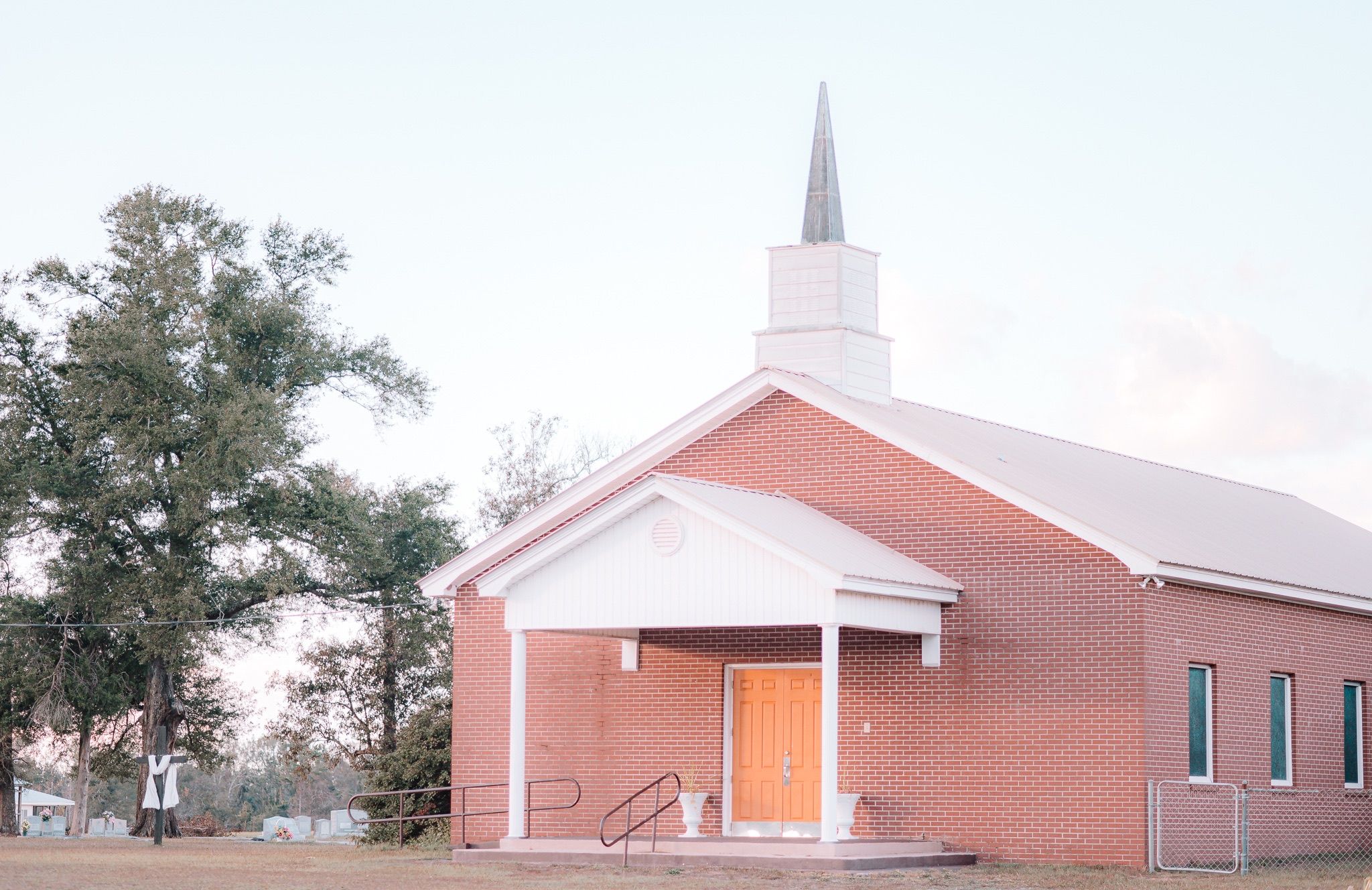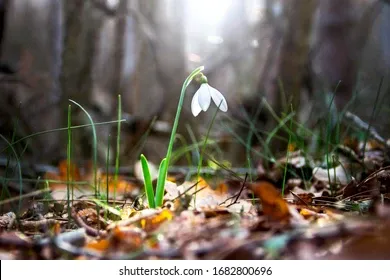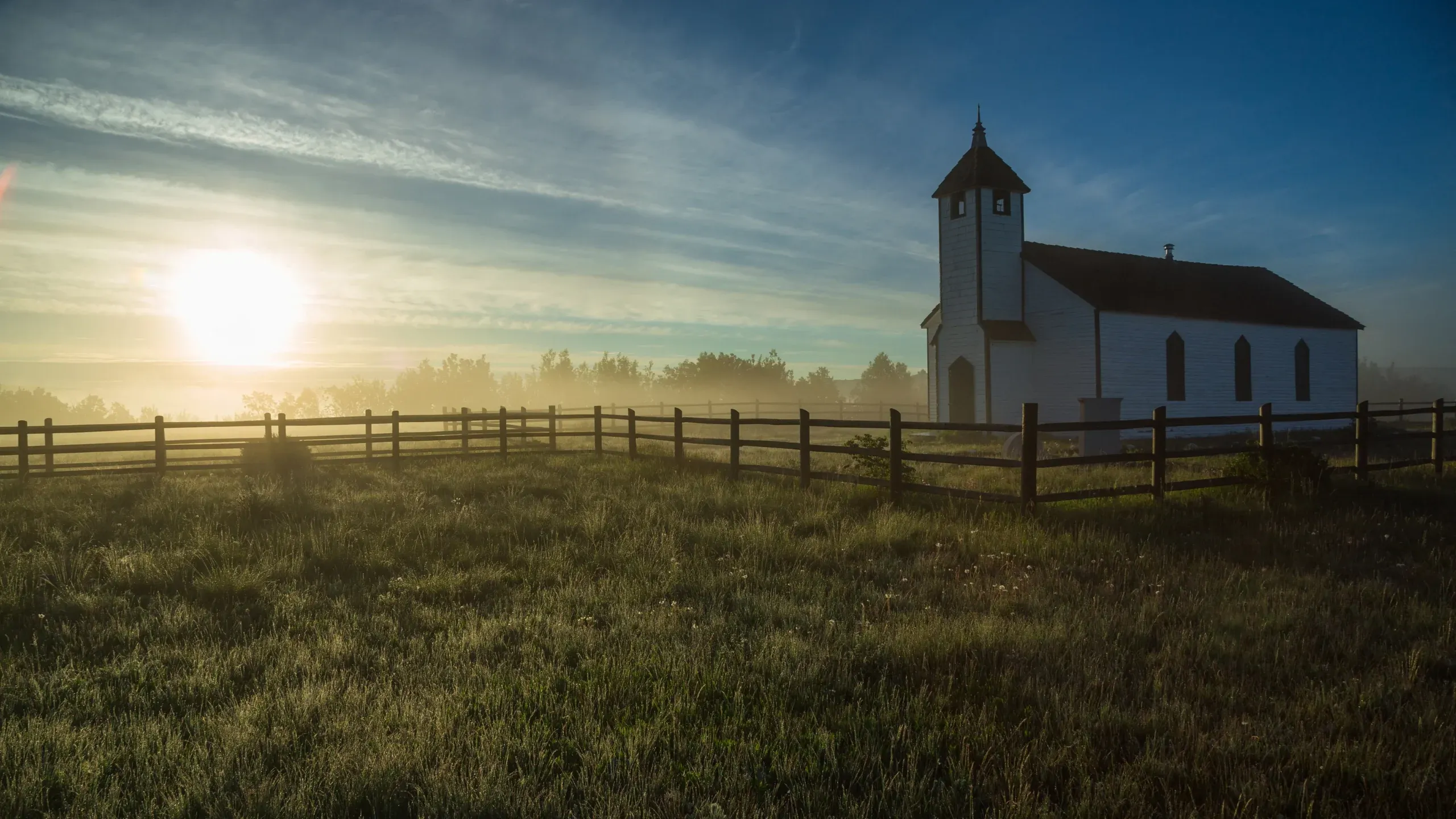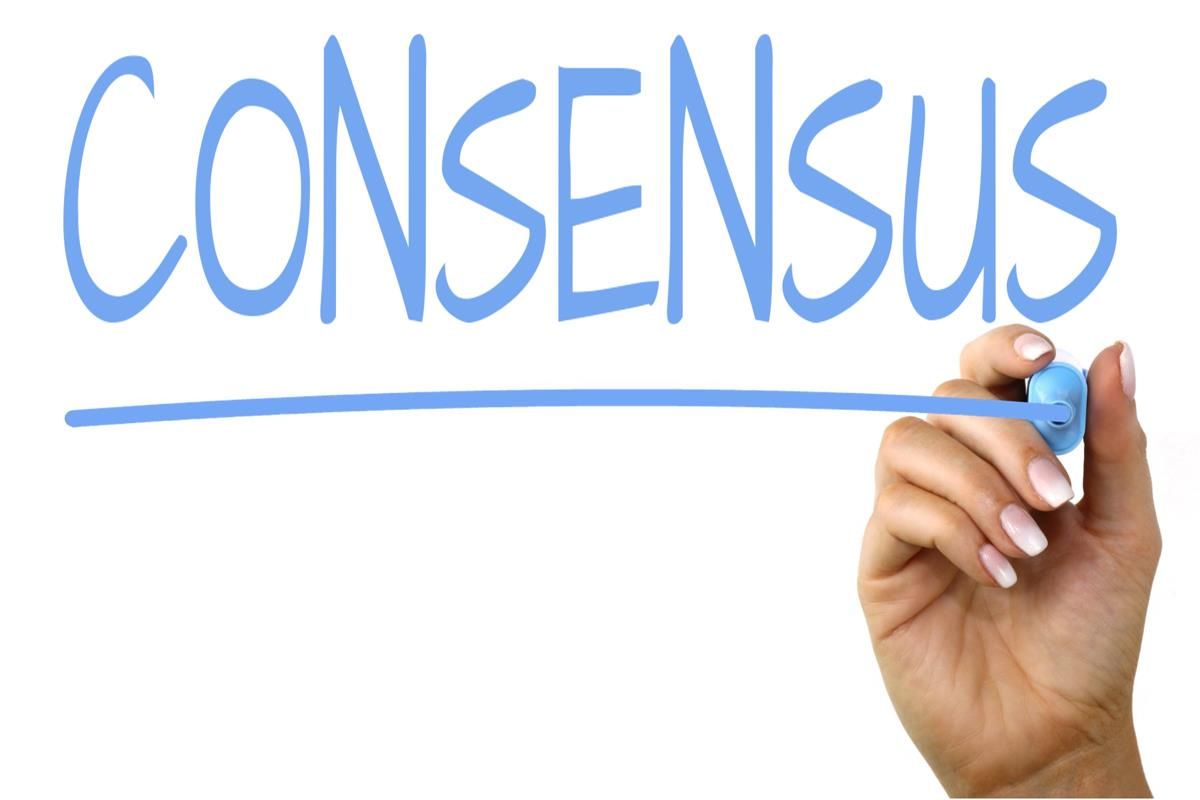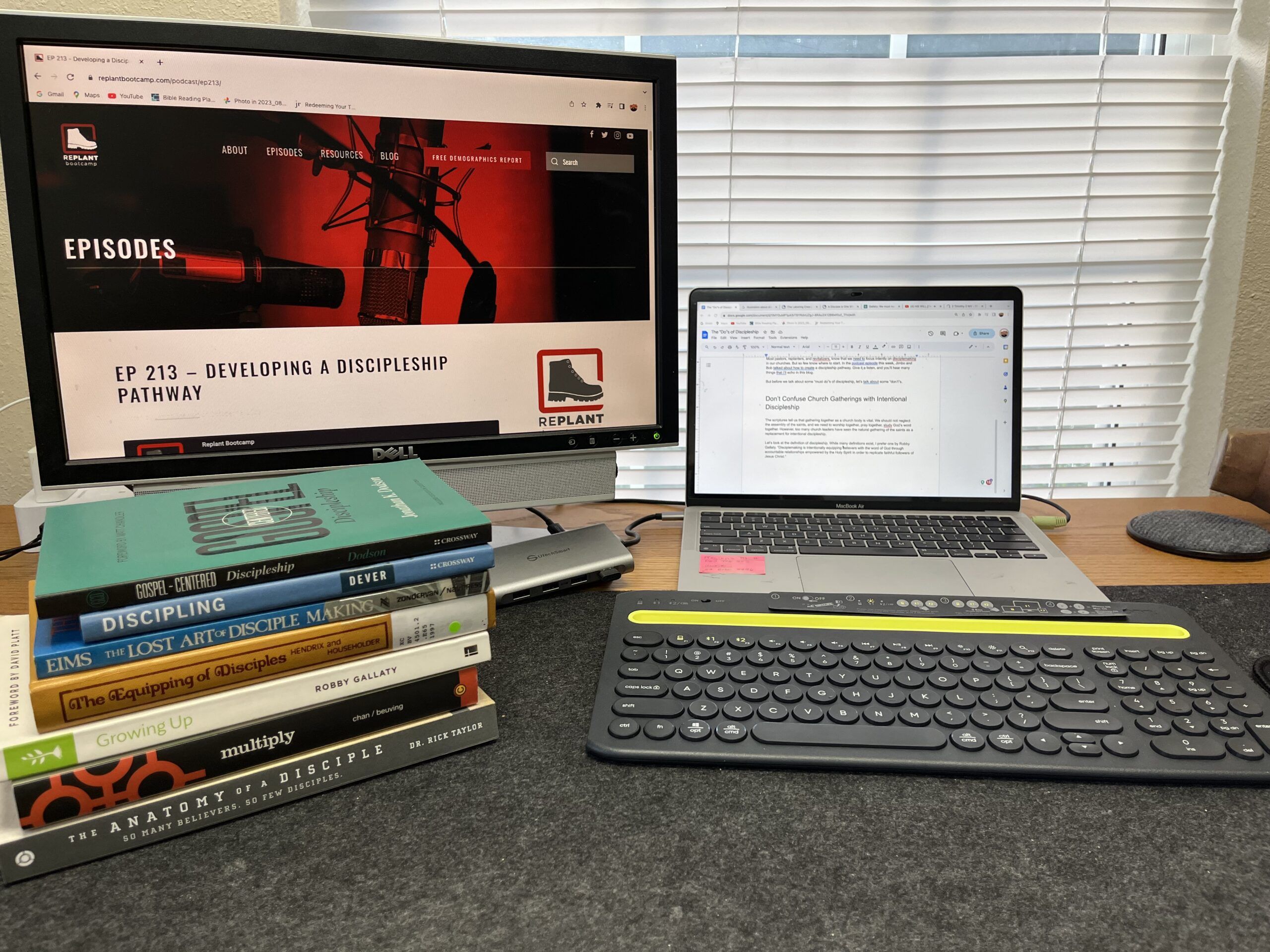Stewardship Matters
Stewardship Matters
MINE!
Is sinful nature difficult to identify? Are we really born into sin? Perhaps if you grew up on an island completely shut off from the rest of society, you might be blind to the idea of a sinful nature. We tend to identify it in other people before seeing it in ourselves, because our pride keeps us from believing that we could possibly be full of sin (ironic).
But anyone who’s had kids can identify this pretty quickly. I have a two year old toddler at home who is soaking in all the words right now. One that has become his favorite is “Mine!” When he first started shouting this word, I began to think: did I teach him this? Did his mom teach him this? We may have taught him the words “mine” and “yours,” but we certainly did not teach him that everything he touches is…”MINE!” 
Sinful nature: we have a natural inclination to sin; given the choice to do God’s will or our own, we will naturally choose our own way over God’s. We inherited this sin nature from the first man and woman, and it makes us naturally rebellious to God. Consider Romans 5:12, “Therefore, just as sin came into the world through one man, and death through sin, and so death spread to all men because all sinned.”
This sin nature was warned to us, and unfortunately given to us, as a fulfillment of what God told Adam in the garden: Genesis 2:17, “but of the tree of the knowledge of good and evil you shall not eat, for in the day that you eat of it you shall surely die.” The sin of Adam caused spiritual, physical, and relational death to be brought into the world.
The most prominent way this sinful nature presents itself is in the form of pride. “Everything is MINE,” the toddler says. But unfortunately, we don’t grow out of this thinking: we still think everything belongs to us.
YOURS!
The topic of Stewardship is extremely important to the Christian life. It’s meant to be a guiding principle to everything we do for God’s glory. But before we seek to steward anything, we must be reminded that everything we have belongs to God. I was reminded of 1 Corinthians 4:7, “For who sees anything different in you? What do you have that you did not receive? If then you received it, why do you boast as if you did not receive it?”
The Bible clearly tells us that, “The Earth is the Lord’s and the fullness thereof, the world and those who dwell therein” (Psalm 24:1). James would tell us this: “Do not be deceived, my beloved brothers. Every good gift and every perfect gift is from above, coming down from the Father of lights, with whom there is no variation or shadow due to change.” (James 1:16-17).
Mike Ayers, in Stewardship, Not Ownership, says the following:
“When we believe that the things we possess are actually ours or exist because of us, they begin to control and define us rather than the other way around. Consequently, our security and identity becomes rooted in them. And then, we are unable to separate ourselves from them, or release them, or trust God with them because to do so would mean to lose ourselves. This was never God’s intention for the gifts He gives His creation.”
 We see stewardship all the way back into the creation account, where God gave Adam the responsibility to care for creation by working and tending to the garden (Gen. 2:15). We are called to steward what God has given us for his glory, knowing that everything we have is His.
We see stewardship all the way back into the creation account, where God gave Adam the responsibility to care for creation by working and tending to the garden (Gen. 2:15). We are called to steward what God has given us for his glory, knowing that everything we have is His.
Stewardship as a Ministry Leader
So many churches have struggles in decision-making, financial expenditures, and even accomplishing goals because they have an ownership culture, not a stewardship culture. For example, when re-thinking church renovations like furniture, paint, and carpet, it can be hard to let go, because we become attached to the things we spend our money on. We think it belongs to us. When re-evaluating a ministry event or class, it can be difficult to let go, because sister Susan started it; it belongs to her. But does it?
In order for us to change the thinking of our church members, we must be modeling it ourselves first. For example, if we are trying to encourage church members to think biblically about stewardship, but we have a difficulty letting go of that special, antique pulpit, we likely won’t get anywhere. Being a leader means leading by example, especially when it comes to stewardship.
In Ep. 168 of the podcast, Jimbo used the biblical example of Matthew 25:14-30: The parable of the talents. In this story, each servant received a different amount of property. Two of the servants were grateful with what they were given, they went and did what they could for the Master and invested. However, one of the servants was ungrateful, having received only one talent. Out of fear of losing what belonged to the Master, he went out and hid it in a field. Afterwards, the servant was scolded for his unwillingness to do what was asked of him, with what he had been given.
The point that Jesus was driving home in this context, was that we need to be prepared for his return by being good stewards of what he’s entrusted to us. The story of the talents is a good reminder for us not to fall into the trap of comparison. Some were given a different measure of talents, they still had the same responsibility. It does not matter what size church you have, how many resources you have, or how many people are left on your membership roll, God wants you to steward it well for his glory.
Faith, Fear, or Frustration
The parable of the talents teaches us that the first two servants acted out of faith. They knew who their master was. They took joy in their small part of managing what had been given to them, so they sought to make much of it for his pleasure. However, the third servant acted out of fear and frustration. He was fearful for how his Master would react (showing that he really did not know his Master) and he was frustrated that he didn’t get as much as the other two.
When we think about the resources we have to work with, are you doing the work of ministry out of fear or frustration? It’s so easy to get into a mindset of comparison where we don’t have as much as another larger church in town, but we must see the bigger picture. It takes every church working together to reach our communities for Christ. 
This is why I love working at a Baptist Association; we encourage church partnerships. Would it be easy for our smaller churches to get jealous of the larger church in town? Yes, but we must realize that every church has its own DNA, and they all reach people for Christ in different ways. Therefore, we encourage church partnerships where we can for the glory of God.
It’s the same in a Replant or Revitalization. Never fail to thank God for the blessing of having the opportunity to do ministry. God knows what He is doing. His desire is not for you to take a prideful ownership of what he’s given you – He desires that you would be found faithful in the small things. We must realize that He’s given us this ministry to steward it and glorify Him above all things.
There are a plethora of resources on the topic of Stewardship, but here are a few I like: Kingdom Stewardship, Stewardship: A Christian Duty, and Stewardship: Discovering Godly Ambition for Your Life. If you think your church is in danger of closing, take this church health assessment. This self-assessment is meant to help assist you in determining the current state of your local church. Another way to get started is by taking an introductory course that will help anyone understand what church replanting is and how it provides hope for dying churches.






